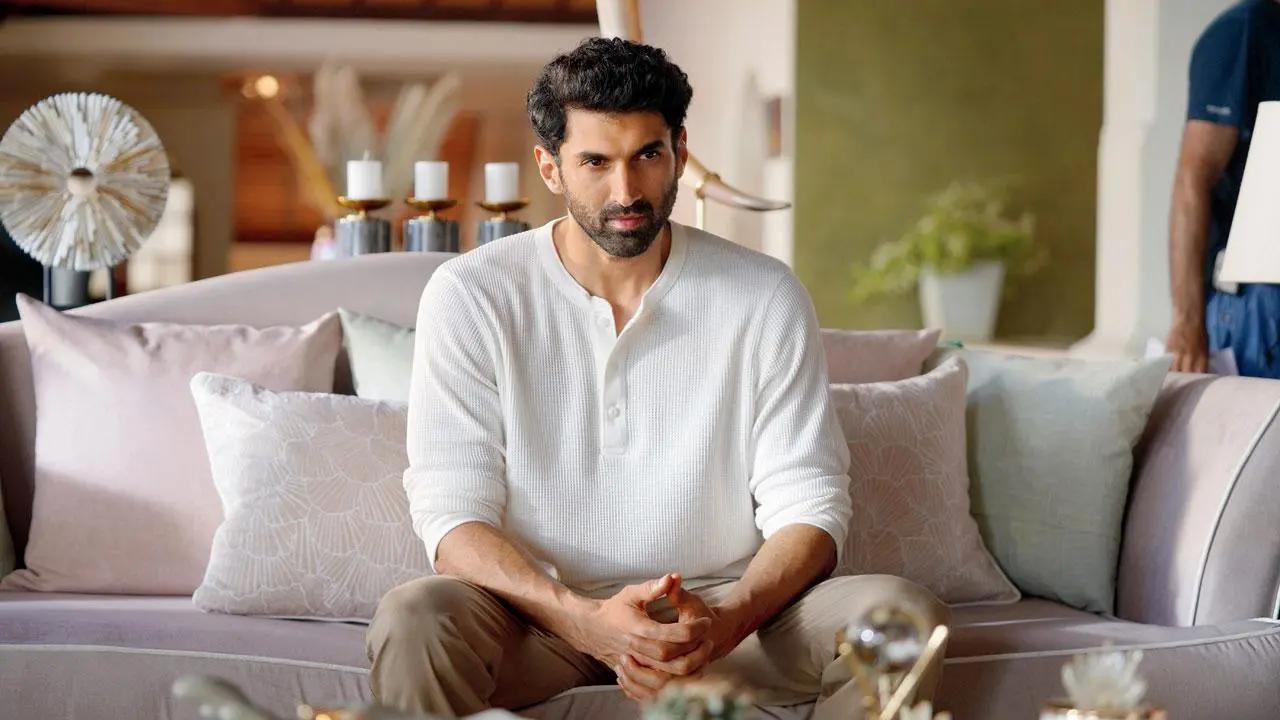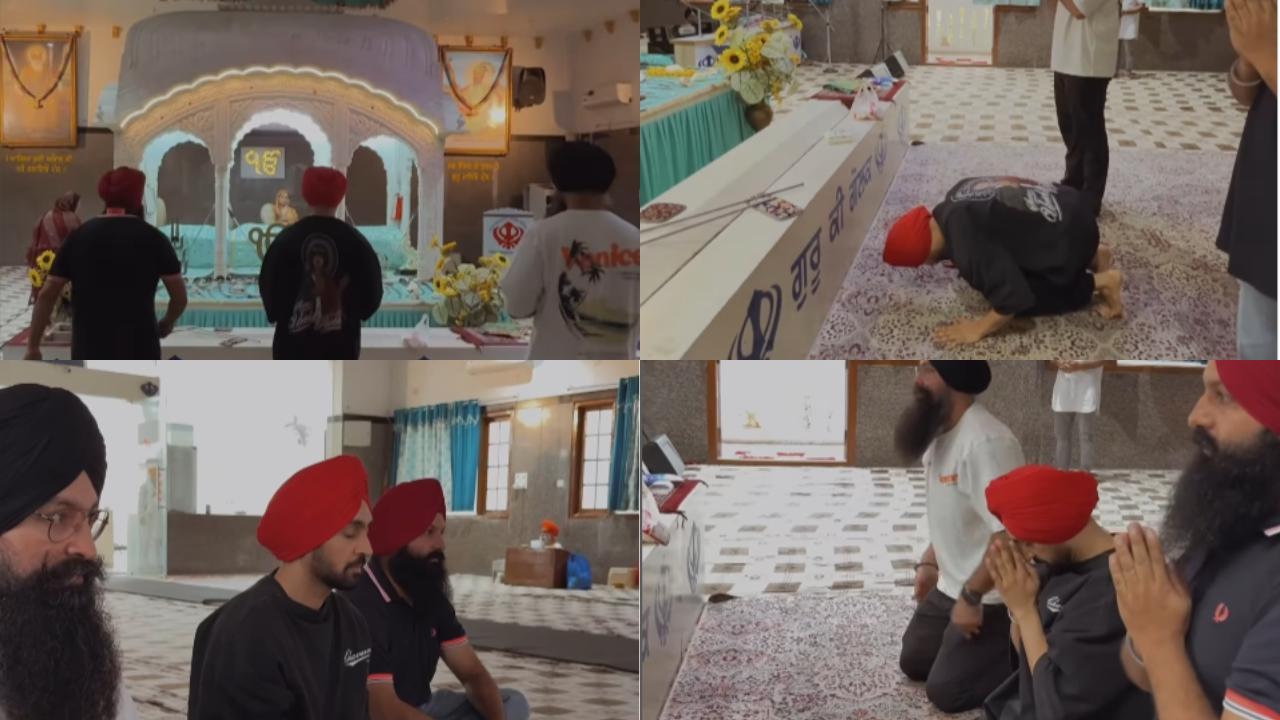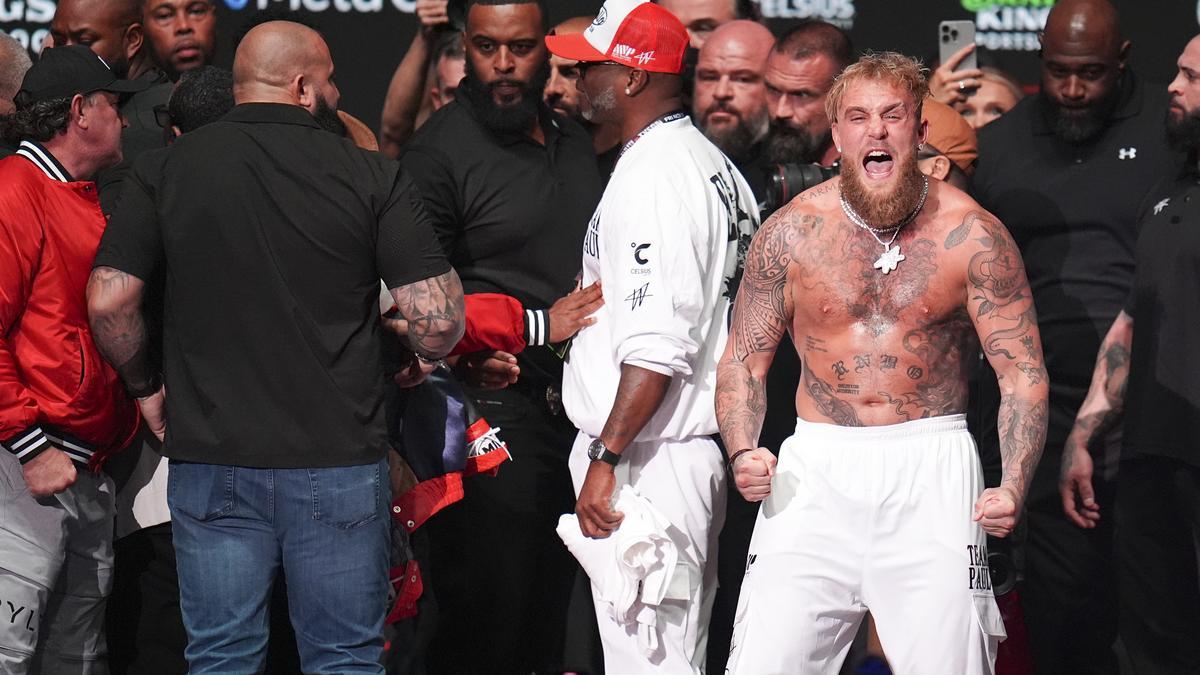
The Indian film industry, an influential pillar of the nation’s cultural fabric, is entrenched in a patriarchal and exploitative system that jeopardizes the safety and sanity of female professionals. This is the assertion echoed by numerous prominent female artistes and technicians across various regions in response to the Justice K. Hema Committee report. The extensive 235-page document, submitted to the Kerala government in 2019 and published in full five years later, unveiled a myriad of unsettling instances, ranging from sexual abuse and gender inequality to illegal bans and severe labor violations within the Malayalam film industry.
The repercussions of this report were immediate and profound. It led to a cascade of allegations where female actors accused prominent male figures and technicians in Malayalam cinema of sexual harassment. The uproar prompted the dissolution of the executive committee of the Association of Malayalam Movie Artistes (AMMA), with all 17 members, including the president and veteran actor Mohanlal, resigning amid mounting allegations of sexual misconduct.
The revelations from the Hema Committee report rippled through the Indian film industry, engendering a nationwide call for introspection and reform. Tamil cinema saw the South Indian Artistes’ Association (SIAA) propose a stringent five-year ban for individuals found guilty of sexual offenses. In Karnataka, Film Industry For Rights and Equality (FIRE) urged the state government to form a committee, helmed by a retired judge, to scrutinize issues like sexual harassment within the Kannada film industry. Parallel demands resonated across the Telugu, Bengali, and Hindi film communities, advocating for systemic changes. In Kerala, a new collective, the Progressive Filmmakers’ Association, was conceived to dismantle archaic power structures and prioritize social justice and equality.
Actor Priyamani, who has appeared across Telugu, Tamil, Kannada, and Hindi cinema, remarked on the significance of the committee’s findings. “Unlike the short-lived #MeToo movement, the current committee’s insights are being thoroughly discussed and taken seriously,” she noted. Priyamani emphasized the need for more reports and committees to ensure transparency and accountability across film industries.
Bollywood actor Swara Bhasker was among the first to respond to the report emerging from Kerala. She stressed that while similar investigative panels should be instituted in other states, mere investigation isn’t sufficient. “The central and state governments need to establish specific guidelines for film, TV, and media industries,” Swara insisted. She advocated for government-sanctioned grievance redressal cells to assist complainants and victims, ensuring public accountability.
The #MeToo movement in 2018 had unveiled harrowing tales of sexual misconduct across various sectors, leading to some legal actions. Yet, as singer Chinmayi Sripada highlighted, institutional mechanisms for addressing such issues are glaringly absent in the media and entertainment sphere. Despite a few voices breaking the silence, an overarching culture of intimidation and fear remains, dissuading individuals from speaking out. The Hema report underscored the immense power wielded by male filmmakers, actors, and producers, who can blacklist or ban those who dare to dissent, with threats of financial and professional repercussions often stifling victims’ voices.
Swara Bhasker pointed to the career trajectory of Hindi film actress Tanushree Dutta, who accused actor Nana Patekar of sexual harassment in 2008 and then again in 2018, as an example of the repercussions faced by women who come forward. “Her career essentially halted, and she moved to the USA. This paints a stark picture of the consequences of speaking out.”
The hostile environment is not a new phenomenon. Indhu V.S.
., who transitioned from an assistant director to a director in 2022 with the Malayalam film 19(1)(a), recounted her initial experiences on film sets dominated by men. “I joined a film set in 2010 with trepidation. Being the sole female assistant director among 80 to 100 men was daunting,” she recalled. Her experiences reflect a broad sentiment that the film industry felt like an exclusive ‘boys’ club,’ dismissive of women’s passion for cinema and storytelling.
The exploitation in the film industry often begins even before one’s career takes off, with the notorious ‘casting couch’—where sexual favors are demanded for roles—being alarmingly common. The Hema report included testimonies and evidence indicating that sexual demands were made for mere entry into the industry. Swara Bhasker condemned this exploitative culture, underscoring how it perpetuates an unsafe work environment for women.
Actor-producer Rima Kallingal, co-founder of the Women in Cinema Collective (WCC), noted that she was fortunate to have started her career with a filmmaker who treated newcomers with dignity. However, she rapidly encountered devaluation and sexism, with sexually charged comments being a constant reality.
Swara Bhasker shared her own harrowing experience of enduring stalking and harassment by a director early in her career. “I tolerated it because I didn’t want to lose the film,” she said, adding that support from a compassionate executive producer helped her navigate the ordeal safely.
Beyond pervasive sexual harassment, the Hema report also shed light on the appalling working conditions women face, including a lack of basic amenities like toilets and changing rooms on sets. This, coupled with inhumane working conditions, underlines the urgent need for reforms to ensure safer and more respectful workspaces in the film industry.
Veteran actor Radhika highlighted an instance where she discovered men watching illicitly recorded videos of female actors inside her vanity van on a Malayalam film set. Priyamani echoed the sentiment of outrage, questioning why such invasive actions are targeted only at women and calling for broader awareness and systemic change.
Cinematographer Preetha Jayaraman remarked on the gradual improvements, though minimal, in working conditions over the years. However, inherent gender biases and a lack of basic facilities continue to plague the industry.
The battle for respect and authority continues to be an uphill struggle for women in cinema. Indhu V.S. noted some positive changes by the time she directed her first film, but emphasized the deep-seated resistance to accepting women in leadership roles.
Actress Varalaxmi Sarathkumar, who has been a vocal advocate for women’s safety in the industry, reiterated the necessity for effective and unbiased committees to address these issues. The existing Internal Complaints Committees mandated by law often fail to provide adequate redressal, with many complaints still advocated to be resolved through compromise rather than justice.
Despite a glimmer of hope for change, the road ahead remains fraught with challenges. As veteran actor Simran pointed out, the issue of exploitation and harassment transcends industries, and the societal change is needed at a foundational level to ensure true progress. She urged the film community and society at large to remain vigilant and proactive in safeguarding the dignity and rights of every individual, regardless of gender.
The Hema Committee report has undeniably catalyzed a critical dialogue within the Indian film industry. While it marks a significant step towards recognizing and addressing the systemic issues of exploitation and inequality, the journey towards creating a truly inclusive and safe environment for all professionals in the cinematic arts demands sustained effort, accountability, and unwavering resolve.










